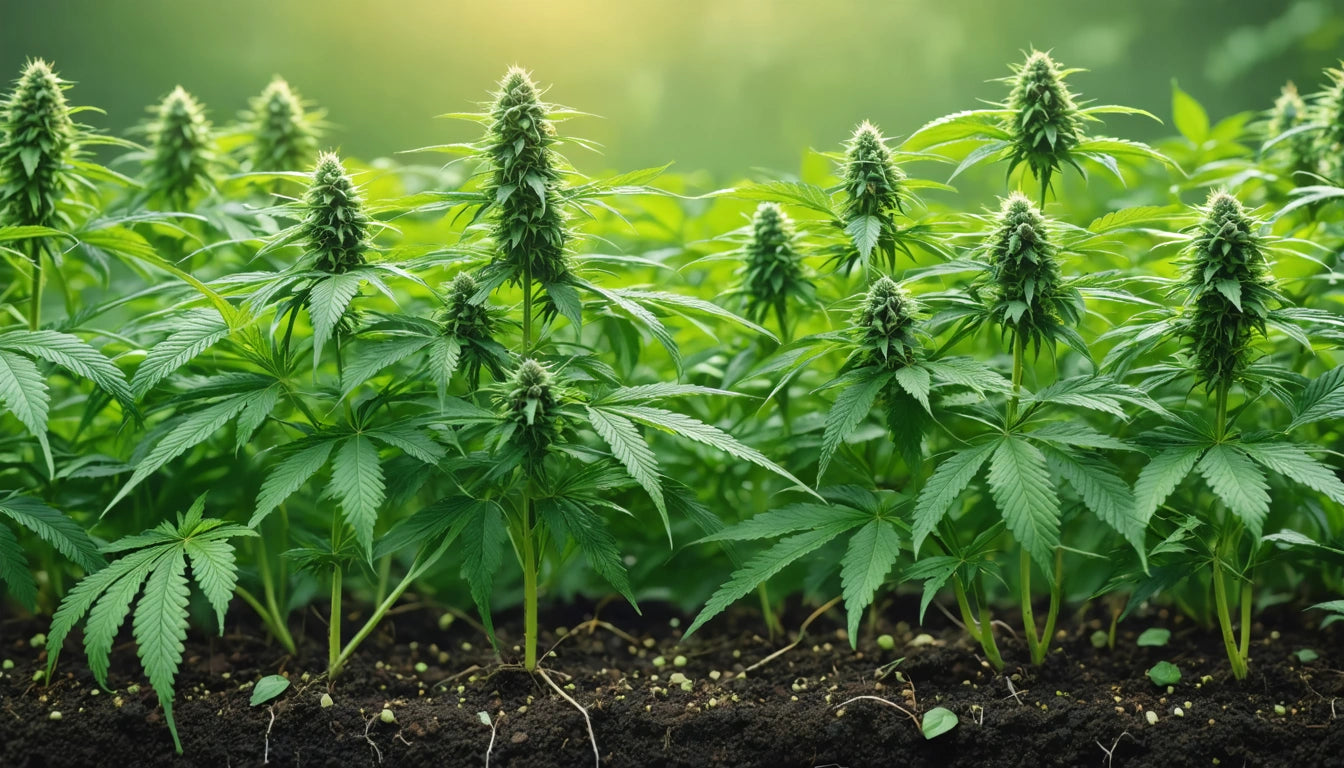Table of Contents
Exploring Drug Legalization Across U.S. States: What You Need to Know
The landscape of drug legalization in the United States is evolving rapidly, with significant variations from state to state. While no state has legalized all drugs completely, several have implemented varying degrees of decriminalization or legalization for specific substances. This guide explores which drugs are legal in different states and examines the broader trends in drug policy reform across America.
Marijuana Legalization Landscape Across the U.S.
Marijuana remains the most widely legalized previously illicit substance in the United States. According to this comprehensive guide, as of 2023, 23 states plus Washington D.C. have legalized recreational marijuana for adults 21 and over, while 38 states have legalized medical marijuana in some form.
The legalization movement has created opportunities for businesses in these states, with many offering specialized packaging solutions for pre-rolls and other cannabis products to meet regulatory requirements while enhancing brand visibility.
Recreational Marijuana States
States with legal recreational marijuana include:
- Alaska (2014)
- Arizona (2020)
- California (2016)
- Colorado (2012)
- Connecticut (2021)
- Illinois (2020)
- Maine (2016)
- Maryland (2023)
- Massachusetts (2016)
- Michigan (2018)
- Missouri (2022)
- Montana (2020)
- Nevada (2016)
- New Jersey (2020)
- New Mexico (2021)
- New York (2021)
- Ohio (2023)
- Oregon (2014)
- Rhode Island (2022)
- Vermont (2018)
- Virginia (2021)
- Washington (2012)
- Washington D.C. (2014)
Meanwhile, several states maintain full prohibition, with neither medical nor recreational use permitted.
Oregon's Pioneering Approach to Drug Decriminalization
When people ask "what state legalized all drugs" or "what state is all drugs legal," they're often referring to Oregon, which has implemented the most progressive drug policies in the nation. However, it's important to clarify that Oregon has not legalized all drugs but rather decriminalized personal possession of small amounts of controlled substances.
In November 2020, Oregon passed Measure 110, making it the first state to decriminalize the personal possession of small amounts of all drugs, including:
- Heroin
- Cocaine
- Methamphetamine
- LSD
- MDMA
- Psilocybin
Under this law, possession of small amounts for personal use is now a civil violation resulting in a $100 fine, which can be waived if the person agrees to a health assessment. The measure also expanded access to addiction treatment and harm reduction services, funded by marijuana tax revenue.
Alaska's Unique Position on Drug Legalization
For those wondering what drugs are legal in Alaska, the state has a unique legal landscape. Alaska was one of the first states to legalize recreational marijuana in 2014, and it has some distinctive features in its drug policies:
Alaska allows adults 21 and over to:
- Possess up to 1 ounce of marijuana
- Grow up to 6 plants (with no more than 3 mature)
- Give up to 1 ounce to other adults (without payment)
Additionally, Alaska has a unique constitutional privacy protection that, since a 1975 state Supreme Court ruling (Ravin v. State), has protected the possession and use of small amounts of marijuana in private homes.
However, beyond marijuana, Alaska has not legalized or decriminalized other controlled substances. Possession of drugs like cocaine, heroin, and methamphetamine remains criminalized under state law.
Montana's Evolving Drug Policies
Those researching what drugs are legal in Montana will find that the state has made significant changes to its marijuana laws but maintains prohibition on other substances.
In 2020, Montana voters approved Initiative 190 and Constitutional Initiative 118, legalizing recreational marijuana for adults 21 and over. The law allows:
- Possession of up to 1 ounce of marijuana
- Cultivation of up to 4 mature plants and 4 seedlings per household
- Purchase of marijuana products from licensed dispensaries
Beyond marijuana, Montana has not legalized or broadly decriminalized other controlled substances. The state has, however, implemented some harm reduction measures, including a Good Samaritan law that provides limited immunity to individuals who report drug overdoses.
For more information on states that have implemented some form of drug decriminalization, this resource provides a comprehensive overview.
The Federal-State Conflict in Drug Legislation
Understanding why drugs are illegal at the federal and state level requires examining the complex history of drug prohibition in the United States. The federal government classifies most recreational drugs as Schedule I or II substances under the Controlled Substances Act, considering them to have high potential for abuse and limited or no medical value.
This creates significant tension in states that have legalized marijuana or decriminalized other drugs, as these substances remain illegal under federal law. While the federal government has generally allowed states to implement their own marijuana laws with minimal interference in recent years, this policy could change with different administrations.
The conflict raises important questions about federalism, states' rights, and the future of drug policy in America. It also creates practical challenges for businesses operating in the legal cannabis industry, including banking restrictions and tax complications.
The Future of Drug Policy Reform in America
The trend toward marijuana legalization and broader drug policy reform is likely to continue across the United States. Several factors are driving this shift:
- Growing public support for marijuana legalization
- Increasing recognition of racial disparities in drug enforcement
- The potential for tax revenue from legal cannabis markets
- Shifting focus toward public health approaches to addiction
Cities like Seattle, Washington, and Portland, Oregon have been at the forefront of drug policy reform. While no city has legalized all drugs, many have implemented de-prioritization policies that direct law enforcement to make personal drug possession their lowest priority.
As more data emerges from states and localities that have implemented reforms, policymakers will have better information about the impacts of different approaches to drug policy. This evidence-based approach may lead to further evolution in how America addresses drug use and addiction.
While full legalization of all drugs remains unlikely in the near term, the trend toward harm reduction, decriminalization, and public health approaches represents a significant shift from the punitive policies that have dominated American drug policy for decades.











Leave a comment
All comments are moderated before being published.
This site is protected by hCaptcha and the hCaptcha Privacy Policy and Terms of Service apply.